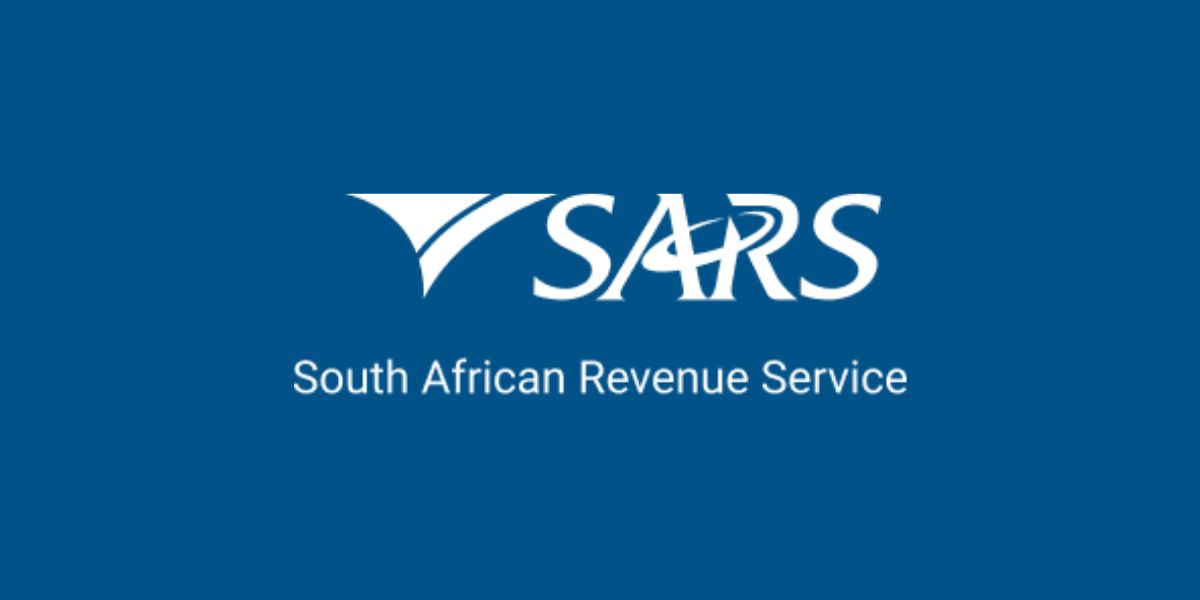The National Treasury published the 2013 draft Taxation Laws Amendment Bill (TLAB) and the Tax Administration Laws Amendment Bill on 4 July 2013 for public comment. The draft legislation would give effect to most of the tax proposals announced in the 2013 Budget Review. Various measures will be introduced at different times during the next few years.
The Rates and Monetary Amounts and Amendment of Revenue Laws Bill, 2013 was published in the National Treasury on 18 June 2013.
Certain tax proposals requiring more consultation (amongst others, trust reforms, pre-retirement preservation proposals and the taxation of long-term insurers) will be dealt with later this year or as part of next year’s process.
Tax proposals that require specific legislation (e.g. employment tax incentives, gambling tax and the waste discharge incentive charges bill) will be published later this year, whilst others (e.g. concerning carbon tax) will be published for comment next year.
The TLAB deals with some of the following issues:
- A beneficial tax regime for companies that are located in Special Economic Zones approved by the Minister of Finance.
- Proposals to revitalise the maritime sector in South Africa through the implementation of an attractive tax regime.
- Tax base erosion in the form of profit-shifting through excessive interest deductions and the use of artificial debt will now be contained through an objective set of rules.
- As from 1 March 2015, most individuals will be able to qualify for a higher deduction in respect of contributions made to South African retirement funds. Excess contributions will not be deductible.
- The vested rights of current provident fund members will be protected in the proposals in respect of the annuitisation of provident funds. The annuitisation will only affect new contributions for persons under the age of 55 as at 1 March 2015.
- Employers will in future be able to assist their low-income employees to acquire houses at below market value without tax being payable by the employee.
- Foreign e-commerce suppliers will have to register for VAT, ensuring that they compete on equal footing with local e-commerce suppliers.













